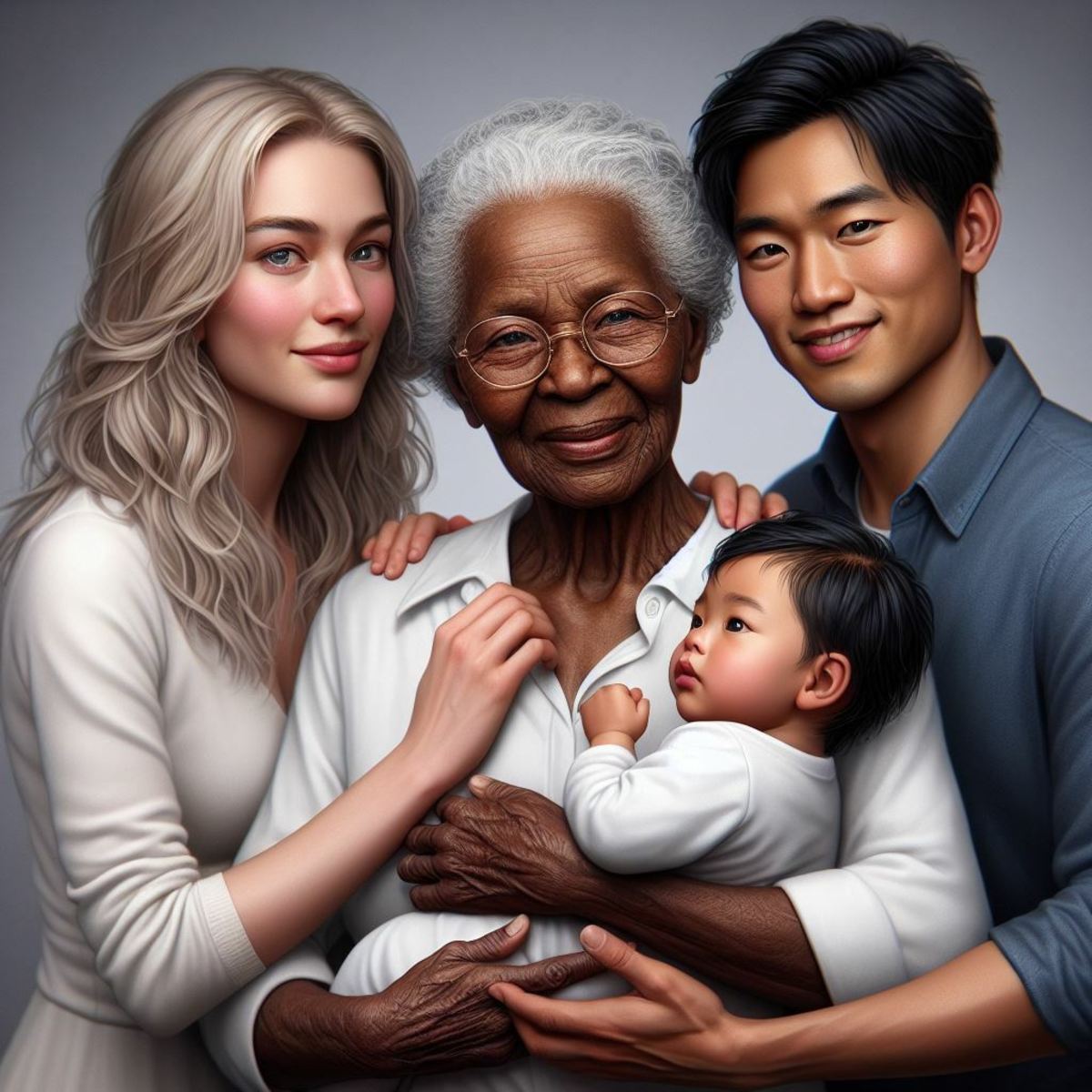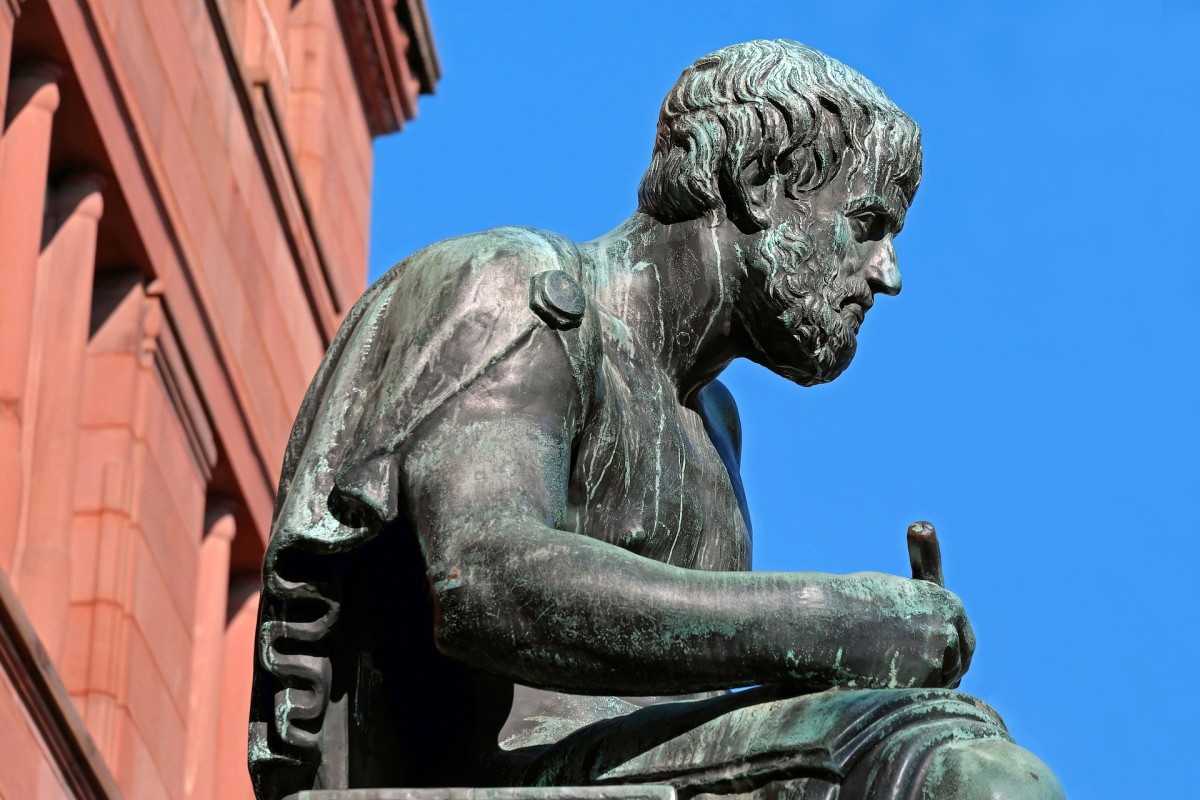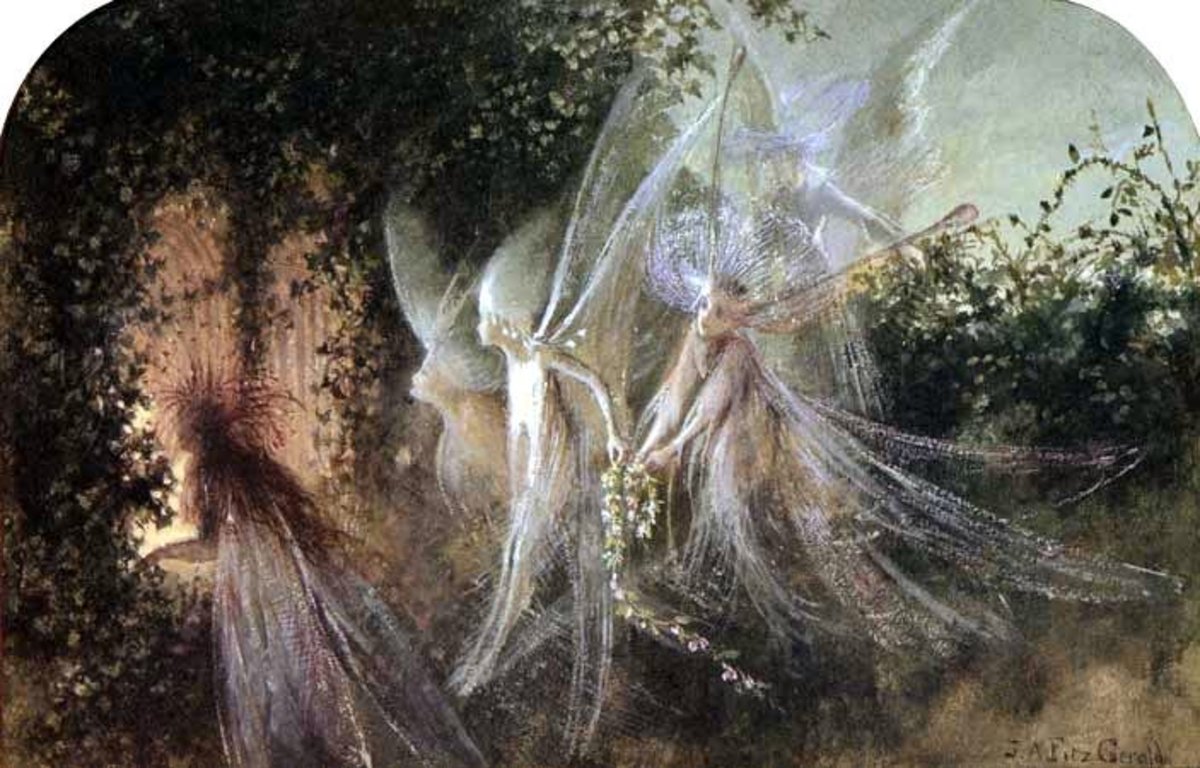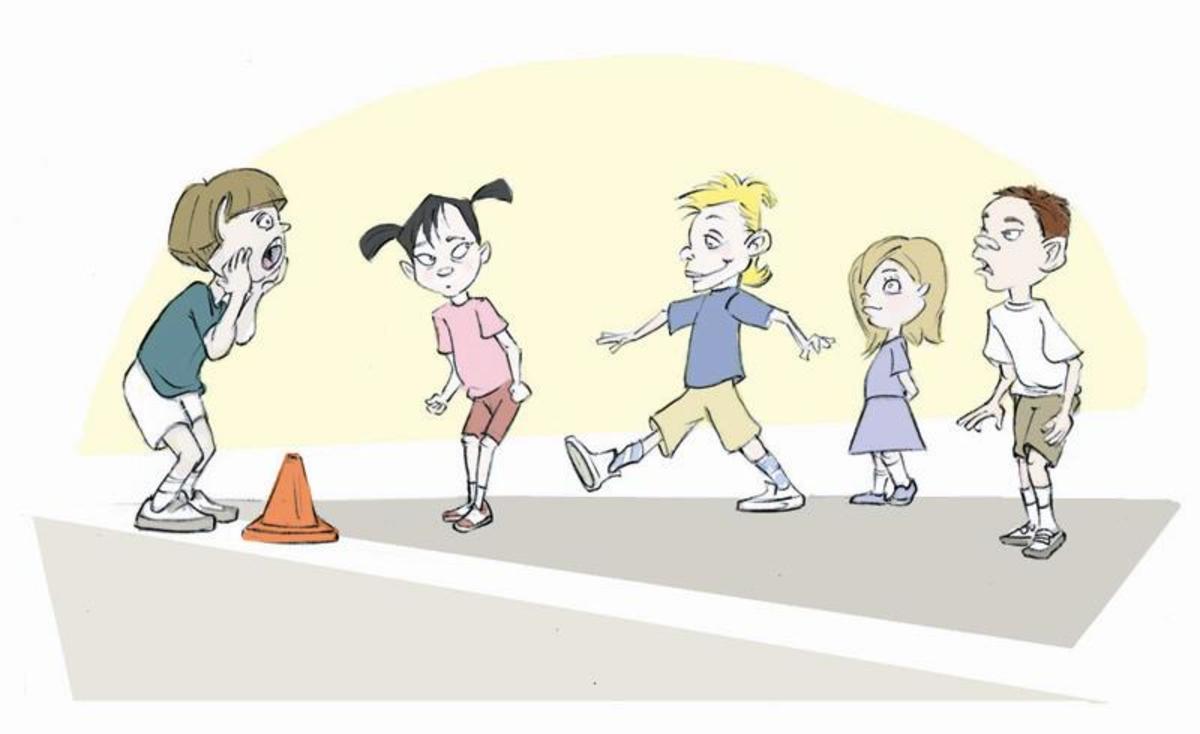Should There Be Worry?
Should there be Worry?
There exists scope, for re-examining all that is associated, primarily, only with human life, many of which, my hubs have been addressing. For the reason that the origin of these are shrouded in obscure beliefs. In fact, these beliefs are not much different from the other concepts of the old days, like that of a geocentric world. Those beliefs that are unable to withstand the forces of time and tide, and are clear as daylight, do get reviewed sometimes. The collection of all such reviews, where each one has the potential to spark many new reviews, is what we acknowledge as knowledge, say as science, humanities, etc., depending on repeat-ability of the findings of the review. But the other beliefs, a brute majority, remain with us, some of those, playing havoc regularly. And we all turn a blind eye to it, unless impossible to do so.
My blog entry ‘Is human a complex life?’, explores this, and finds that, we humans, rather than looking for an answer to this, make answer itself redundant, by declaring human as complex. And are merrily relaxing. As they are also taking efforts to make themselves more and more comfortable in the existing circumstances, they continue to remain blind to this issue. On top of it, saying, life is beyond comprehension, they happily ignore warning signs or other inputs, unless there is reason not to do so. To counter this, human race needs to go back to the plotting table and come up with fresh ideas about how to live. And of course, originate a new set of priorities that form human nature.
Let me start the ball rolling, by having a close look at one significant element of human nature, worry, something widely accepted as universal.
Is it Needed?
Should there be worry? And, if so, shouldn't we gain something from it? Is it needed at all? How relevant is it?
The prevailing sentiment seems to be one that equates it with an evil, at the most, a necessary one. And I think all are in agreement here, whether they are from common people, academic luminaries or professional psychologists. But I feel otherwise. If something is associated with a life, it should be serving a purpose clearly related to that particular life. And worry is a universal phenomenon associated with humans. Hence, it should be serving something essential for the whole race, in addition to the consequences we presently entertain, whether predictable or unpredictable, and welcome or unwelcome.
Now, what exactly is worry?
Now, let us ask afresh, what exactly is worry?
To answer it, I think, we need to examine, which human want is being met by worry, or what purpose, it is meeting. What use, worry is of? A plausible reply is, I think, worry originated as a mental attempt, or a reminder to it, to confront, or avoid, a threat. Where the threat could be a real one, or one that has become one as a result of the current priorities, each society entertain. (Just as happiness would have originated as a reminder to continue with whatever affair is leading to the current instance of relaxed feeling or contentment) It is a vital part of survival, as well as that of the successful conduct of the entity, one is currently engaged in. Though presently programmed automation takes care of much of such needs, for the early humans, it surely would have been of utmost importance. For example, one worried about a danger in hiding, or of an impending storm, would have been moving around better equipped and with greater care. And if, say a wild animal appeared, since worry would have been keeping them well geared, and their reflexes sharp, quite appropriate would have been the steps that followed. (Naturally, people with such a genetic make up have a greater chance of survival. Those predisposed to excessive worry (and happiness) multiply as generations go, and, unfortunately, the population of the calm and serene lot, dwindle!) So, effectively, worry is nothing but a reminder, and of course, one of great significance.
What can it do for us?
In that case, worry, or everything unpleasant, as well as those pleasant, deserve to be seen as life saving institutions. Clearly, pleasant experiences add to our longevity, we all know. The unpleasant ones also do it, by leading us to suppress, or avoid, things that adversely affect the same. This perhaps is the original reason, both for happiness and unhappiness. Say I see someone close to me die. If am unhappy, I am likely to be looking for the reasons for that death, and take actions to counter it or stay away from the same. Just as this, when I am happy with something, I will feel encouraged to be associated more with it. Both of which, adding to my state of bliss and longevity.
But, what is the reality?
However, over time, worry would have got cemented as a part of our basic character, each generation celebrating it as a unique facet of the human. Where, rather than acting as a signal, and perhaps as a life saving measure, worry takes position as a part of the default ambience, the human race show at all times. (As I have elaborated in one of my hubs, we continue to cling on to worry, though irrelevant in the new world. Hence, we always need to come up with a good reason to worry!)
Naturally, it became the prime route, we people took for ‘wasting time’, for the reasons described in my book, The Unsure Male. In fact, overindulgence in whatever is one’s current interest, is a favorite activity for humans. Worry is a fit candidate here, since one is less likely to feel fed-up of it, unlike pleasurable feelings. Thus, it became omnipresent, and evoking sympathy, as far as human life goes. No wonder, it monopolized everyone’s emotional make up. And, it started to displace many helpful emotions, in addition to becoming a threat to longevity.
Is Worry a Virtue?
The original idea of worry as a subtle reminder does not accord the status of a virtue to it, since one need not engage with it for no reason. Also, no instance of such reminders shall go unattended. Consequently there may not be any ‘orphaned instances’ of worry to keep one engaged, an essential attribute of a virtue. (A virtue is one in which one can engage for no reason and feel happy)
But in reality, it isn’t so, we worry, whether a reason exists for it, or not. The abstractions associated with human life, like duty, honor, etc., are of great use here, it can produce a reason for worry, out of nothing. And it made worry the best medium for ‘wasting time’. Thus, humans succeeded in making a virtue out of necessity. Though the original reason for institution of the same would have been getting lost on the way, as generations go by, worry continues to remain an integral part of the human, thanks to the persistent nature of all things irrational. (And the fleeting nature of everything rational, where even the best of theories will sway at the weakest opposition from another one) Which is understandable, for, even in this age of language and writing, it is not very easy to get rid of a crazy or harmful idea from the past or, prevent genuine, helpful ones from fading to oblivion, that too, notwithstanding the best efforts in record-keeping.
(I think this needs an explanation. Things rational are highly volatile, while those irrational, remain for ever. This is the main observation that led me to my theory of the unsure male, in which I found that the primary motivation for dealing with things, both rational and irrational, is the urge to occupy oneself. In such a case, it is only natural that we want to study in depth, all the real stuff, and be casual and impulsive, with all other stuff. For, further study of things rational can lead to new revelations and more things to ponder, while a deep foray into things irrational could render it useful no more, by revealing its true nature or insignificance.)
Why is it Engulfing Us?
As we continued to overcome the dangers, the earlier days posed, every success, effectively rendered ineffective, at least one avenue for worrying. However, the propensity to worry remained unabated, which had to now look for new outlets. As a result, worry has become a part of everything humans do. To ensure this, wherever there is no natural scope for worry, we are constantly instituting abstract values. Thus worry can easily fit in, in whatever we do. In fact no other form of life is affected by it. Even if we take certain peculiar expression seen among other species as those of anguish, there is no instance of such expressions causing disruption to any activity of life.
What can we do? What fortunes await it?
We only need to keep in mind that there will be worry, as long as we take worry as something worrisome. Once we start considering as a useful input, worry will also wane like any other happy feeling or sentiment, since as time goes by, or when circumstances change, its impact or utility will diminish. Soon, worry won't be something to worry about.
© 2020 ROY T JAMES








